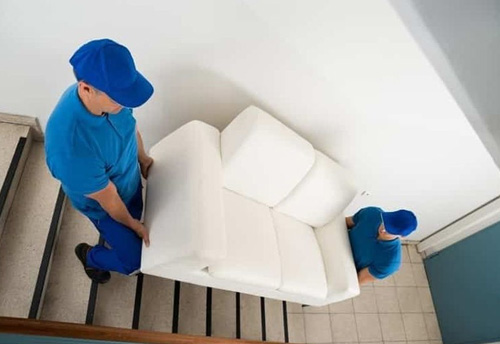How to Properly Dispose of Upholstered Furniture
A new set of rules related to waste upholstered domestic furniture disposal came into effect in January 2023, and these rules are based on the Environment Agency’s guidelines. The primary objective of these rules is to reduce the risk of pollution, ensuring environmental protection.
According to these new rules, upholstered furniture cannot be disposed of in landfills and must be incinerated. These rules apply to both domestic and commercial properties.
In this article, we will assess the reason which led to the change in legislation and the impacts of these changes. Moreover, we will also cover a list of upholstered furniture and ways of their proper disposal.
Persistent Organic Pollutants (POP) – A Reason for Change in Legislation
Before 2019, Persistent Organic Pollutants (POPs) were used in upholstered furniture treatment to give its fabric flame-resistant characteristics. Although this practice ended after 2019, the previously manufactured furniture contains these dangerous chemicals.
Some of the commonly used POPs include:
- Antimony Trioxide
- DecaBDE (DecaBromoDiphenyl Ether)
- HBCDD (HexaBromoCycloDoDecane)
- Medium Chain Chlorinated Paraffin
- PentaBDE (PentaBromoDiphenyl Ether)
- TetraBDE (TetraBromoDiphenyl Ether)
The POPs remain intact for a long time, and if POPs containing upholstered furniture are disposed of in landfill sites, they will pose a danger to land, water, and wildlife. According to the Environment Agency, the change in legislation rules intends to ensure the safe disposal of furniture to save the environment from its harmful impacts.

Impact of Legislation Changes
The legislation changes will impact various sectors across different industries, such as:
Charity Shops
Although good condition upholstered furniture can be sold to charity shops, the issues may arise in the form of compromised quality of donated furniture. It is because people prefer to donate the damaged furniture to charity instead of dealing with it themselves.
It would shift the burden on charity shops for proper disposal of the furniture, which will also consume valuable storage space in their shops.
Hospitality Sector
The hospitality sector would require time and money to dispose of the upholstered furniture properly. The sector can no longer treat this furniture as other standard waste and requires undertaking specific provisions for its disposal. Moreover, they would also have to pay extra service charges.
Public Members
Public members cannot simply take furniture to the dumping site and would have to pay extra charges to the relevant facilities for disposing of upholstered furniture. They also might have to rent a skip, adding to the cost.
Waste Disposal Facilities
The waste disposal facilities are also responsible for ensuring their adherence to the new legislation rules. They will have to retrain their staff members and implement new disposal procedures. They will also have to follow additional protocols, ensuring proper incineration of upholstered furniture in accordance with government guidelines.
List of Upholstered Furniture
This new legislation covers all upholstered furniture and cushions with fabric coverings. It also involves leather and synthetic leather-covered furniture and foam. Such as:
- Armchairs
- Bar stools
- Bean bags
- Chairs
- Floor cushions
- Footstools
- Futons
- Office chairs
- Sofas
- Sofa beds
- Sofa cushions

Ways of Properly Disposing of Waste Upholstered Furniture
The following are the legal methods to ensure proper disposal of useless upholstered furniture:
Donation
You can donate your unwanted upholstered furniture to charity shops and second-hand warehouses if it is in good resale condition. It is one of the sustainable choices to let others benefit from that furniture you no longer want in your home.
Utilise Certified Recycling Facilities
You should check if the recycling facility to which you will provide your upholstered furniture is certified. It will ensure that they follow the safe disposal regulations and guidelines provided under the legislation.
Hire a Professional Skip
You should hire a professional and specialist skip to undertake large-scale jobs for commercial properties or house clearance efficiently and safely. A skip will help you quickly clear the upholstered items if they cannot be donated.
List of Unaffected Items
Based on the Environment Agency, the disposal of the following items is not impacted under the changes in legislation rules:
- Beds
- Blinds
- Curtains
- Deckchairs
- Mattresses
- Wooden chairs
- Other items not containing POPs
Conclusion
In the face of these new legislative rules, there are chances of an increase in fly-tipping. It is because the fly-tippers usually look for ways to dispose of appliances and upholstered furniture where they do not have to pay extra money. It requires us to stay vigilant and effectively report such fly-tipping cases to stop this unethical practice.



